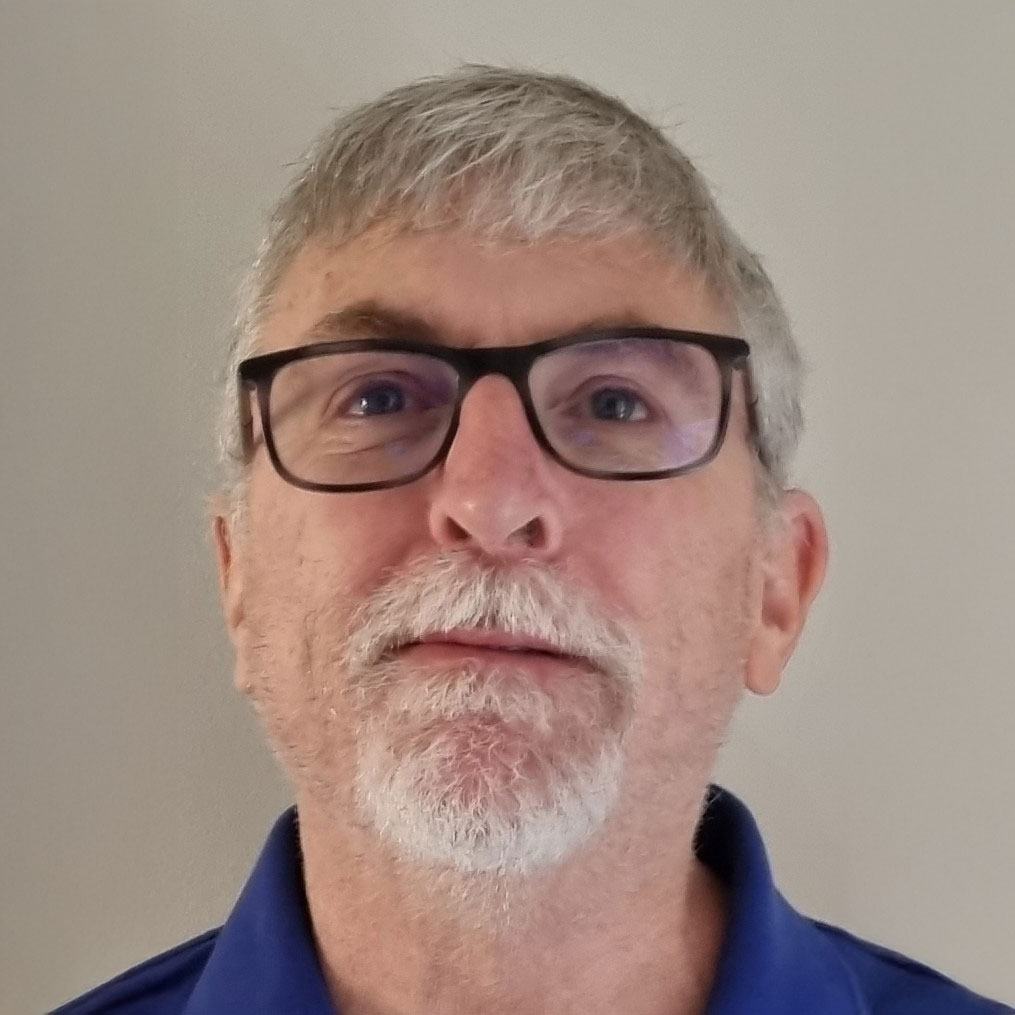
For monitoring, evaluation and learning (MEL) practitioners, maintaining impartiality is crucial. But how can evaluators effectively uphold this neutrality while addressing the unique challenges and ethical dilemmas that arise in their work?
At the UK Evaluation Society conference 2025, Bruce Emerton and Heidi Ober, Principals in our Evaluation and Research practice, will focus on the critical topic of data integrity and ethics. They will draw on their extensive MEL experience to address the balance between client needs and the protection of confidentiality.
Ahead of the conference, Bruce and Heidi provide a glance at the core themes and discussions that will shape their upcoming presentation.
Navigating the MEL landscape
When operating in diverse social and political contexts, mindfulness remains a key priority for MEL specialists.
Data collection is essential for assessing programme performance and ensuring accountability. As evaluation practitioners, it is our responsibility to safeguard the security and privacy while handling data, regardless of the collection methods used.
The challenges in MEL are not new – there are many frameworks and policies that have been established to provide structure, guidance and commitment. However, the emergence of new technologies, including artificial intelligence, and the rapidly expanding capacities to gather and store data have introduced additional complexities. These developments raise questions about using that technology and the kinds of data we feed into it. This also prompts us to consider how we maintain transparency with data, locations, practice and safeguarding while ensuring the safety and well-being of individuals involved.
Those are significant questions for contemporary MEL practices, and we are fortunate that they will be at the forefront of discussion and review at this year’s UKES conference.
What can attendees expect at our session
In our session, we will present a scenario based on one that we experienced, highlighting the nuances of data integrity and ethics. Through an engaging role play, we will set the stage for a discussion, inviting UKES conference attendees to share their perspectives on the scenario. Participants will also have the opportunity to bring forth their own experiences and challenges related to data integrity and safeguarding.
This interactive exercise will explore the complexities of our roles and underscore the importance of data protection in our evaluations. By learning from each other’s experiences, we can collectively enhance our practices and better navigate the challenges we encounter in this ever-evolving landscape.
We do not propose that we have all the answers. In fact, it is quite clear that we do not. But we are hoping to initiate a meaningful conversation amongst those who may face similar dilemmas in their work. We would like participants to walk away with a better sense of what is and is not acceptable for sharing data while keeping it anonymous and any issues, survivor centred.
Meet the panellists

Bruce Emerton
With over 30 years of programme management experience, Bruce has managed several large-scale, complex MEL programmes. In this role, he has overseen MEL team members in a range of evaluation and learning activities. His experience has spenned 25 programmes in 26 countries.
Heidi Ober
Heidi Ober is a Principal in the Evaluation and Research Practice with over 22 years of experience leading the design and delivery of a wide range of complex monitoring, evaluation and learning (MEL) assignments.
Heidi is an experienced Do No Harm trainer and Conflict-Sensitivity Lead. She has extensive field experience in fragile and conflict-affected settings (FCAS), including work in South Sudan, Syria, Lebanon, Mali, Somalia and Nigeria. Her expertise spans multiple sectors, including Water, Sanitation, and Hygiene (WaSH), education, conflict, stabilisation and peacebuilding.